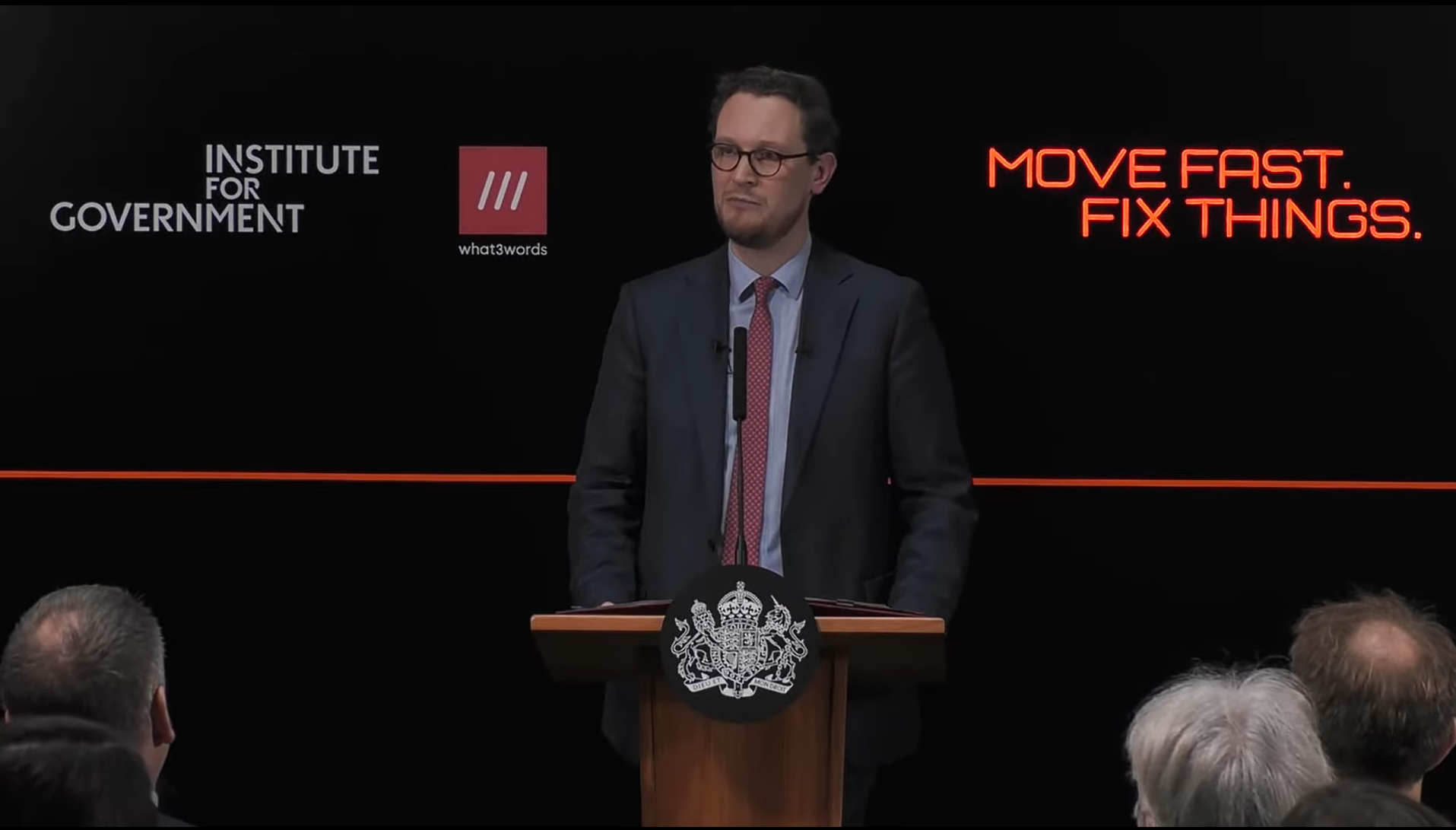FDA delegation attends TUC Congress 2025

This week, the FDA attended the 2025 TUC Congress in Brighton. FDA delegates spoke to and moved motions on a range of topics, including standards in government, public sector productivity, resilience, neurodiversity in the workplace, and TUC reform.
Delegates included FDA President Margaret Haig, General Secretary Dave Penman, Vice President Beatriz Brown, FDA Treasurer John McCullagh, and Managers in Partnership (FDA’s joint venture with Unison, representing healthcare managers) delegate Sajidah Ahmad.
Standards in government
Penman moved one of the FDA’s two motions, Motion 33 on standards in government, which passed unanimously. The General Secretary told congress:
“The Civil Service Code binds civil servants to a statutory obligation to act with integrity, honesty, objectivity, and impartiality. Civil servants must be recruited on the basis of merit through open and fair competition, not handpicked by ministers. So whilst there’s a statutory underpinning to the code, the regulator, the Civil Service Commission, has little powers of enforcement. Again, all roads lead to the Prime Minister.
“This should be low-hanging fruit for the Labour Government. It’s not about cost, it’s about policy and legislation. And I’m at a loss to understand why they have not gone further. But whatever the reason, there is no stronger platform to create a binding framework for high standards than from a government whose instinct is to act that way voluntarily.”
Public sector productivity
The FDA also moved Motion 32 on public sector productivity, with McCullagh telling congress: “Successive governments have put great stock in AI… Our members are up for the challenge but… how will we know if those productivity increases have been delivered when there is no agreed productivity measure in the public sector?”
The motion also passed unanimously.
Resilience
FDA President Margaret Haig moved the FDA’s amendment on Motion 31a from Prospect, which was on resilience, with the FDA expanding the motion to include allowances for policymakers and businesses to learn from resilience best practice, saying: “Adding information about climate change to the evidence available for policy makers can also help facilitate the cross-departmental collaboration… and businesses can also benefit from being more prepared for high impact risks on the register, including climate change.” The amendment was accepted by delegates and the motion passed.
Neurodiversity in the workplace
FDA Vice President Beatriz Brown moved the FDA’s amendment to Composite 6, addressing neurodiversity in the workplace, with the union expanding the motion to make specific reference to gaps in practice within the civil service on inflexible approaches to hybrid working and inconsistent use of reasonable adjustment passports. Brown told delegates that “civil service departments may talk a good game on diversity, but the gaps on the ground are obvious.”
The composite, including the FDA’s amendment, was passed by delegates.
TUC reform
The FDA also opposed a motion on reform of the TUC, which included a call for elections of the TUC General Secretary to take place every five years, a proposal which Penman argued would “paralyse” the TUC in his speech to congress on the issue. The motion ultimately fell, with a majority of delegates voting against it.
Penman also seconded the vote of thanks to TUC President and Nautilus General Secretary Mark Dickinson, describing him as “a tireless advocate for seafarers, a strong pragmatic voice in the TUC General Council and wonderful human being.”
Latest news
-

FDA Ofsted report 2025: The people behind inspections
After a barrage of media criticism and calls for abolition, it’s been a difficult period for His Majesty’s Inspectors (HMI). Tommy Newell outlines the findings of the FDA’s recent report, revealing the reality of parents’ and educators’ views of Ofsted, and what HMIs need for an inspection system fit for the future.
-

-

Penman questions Chief Secretary to the PM on how civil servants can trust they won’t be scapegoated by ministers for taking risks
The FDA has responded to a series of civil service reforms announced by Chancellor of the Duchy of Lancaster and Chief Secretary to the Prime Minister Darren Jones MP, as part of the government’s approach to modernising the service.